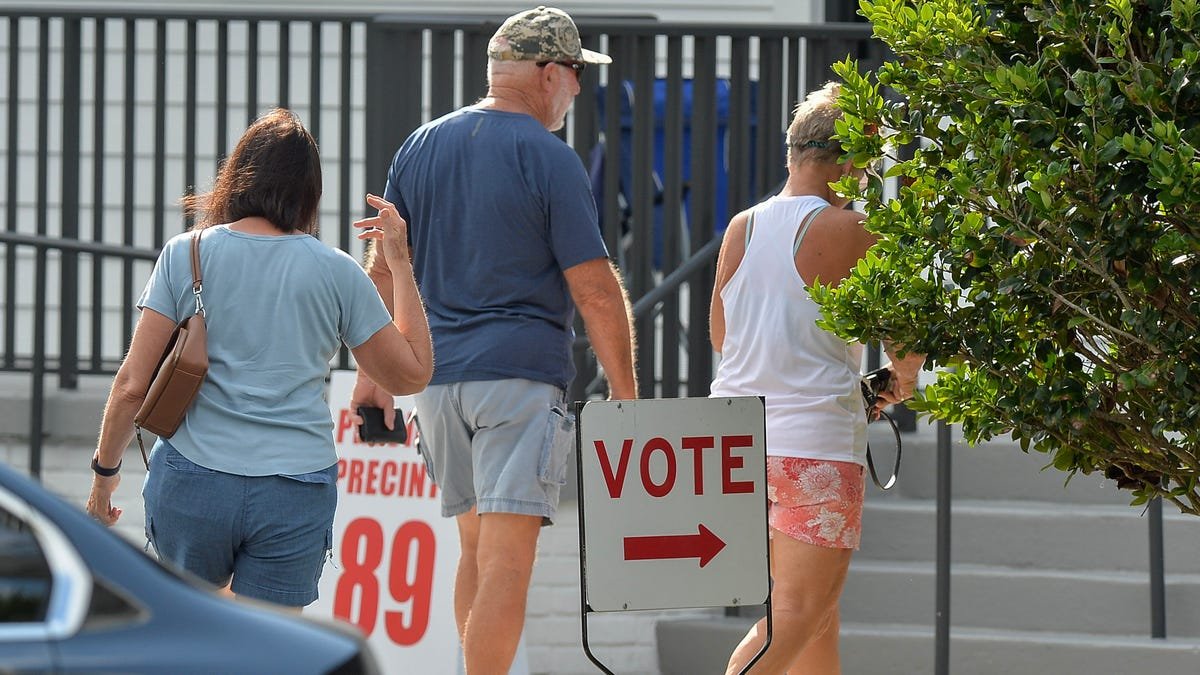Now Reading: The Impact of Florida’s HB 1269: Limiting THC to 10 Percent
- 01
The Impact of Florida’s HB 1269: Limiting THC to 10 Percent

The Impact of Florida’s HB 1269: Limiting THC to 10 Percent
In recent times, Florida has been at the center of a controversial legislative move with the introduction of HB 1269. This bill aims to restrict the THC content in marijuana to only 10 percent within the state. The potential impact of this bill is a matter of concern for many, as it raises questions about the lawmakers’ understanding of the needs and preferences of Floridians.
One of the key issues surrounding HB 1269 is the perception that lawmakers are out of touch with the reality of the situation. Critics argue that this bill demonstrates a lack of understanding of the evolving societal attitudes towards marijuana. With many states across the country legalizing or decriminalizing marijuana, Florida’s attempt to limit THC content seems to be out of step with the direction in which society is headed.
The consequences of this bill are likely to be felt by the marijuana businesses that have already thrived in Florida. These businesses have invested significant time, effort, and capital into building their operations and have seen substantial financial gains. By restricting THC content, HB 1269 threatens to undermine the success and profitability of these businesses. This, in turn, could have wider economic implications for the state as a whole.
Furthermore, the bill raises questions about the motivations behind such a restrictive measure. Some argue that it reflects a lack of concern for the well-being of Floridians and a disregard for their choices. The perception of greed and an unwillingness to adapt to changing societal norms is a sentiment expressed by those who oppose HB 1269. They believe that lawmakers are prioritizing their own interests over the needs and desires of the people they represent.
It is important to note that the impact of HB 1269 extends beyond the marijuana industry. The bill has sparked a larger debate about the role of government in regulating personal choices and the potential consequences of such regulations. Supporters of the bill argue that it is necessary to protect public health and safety, citing concerns about the potential risks associated with high THC levels. However, opponents argue that individuals should have the freedom to make their own choices, and that responsible use of marijuana should not be hindered by unnecessary restrictions.
The passage of HB 1269 highlights the importance of civic engagement and the power of voting. It serves as a reminder that the decisions made by lawmakers can have significant consequences for the people they represent. Those who disagree with the bill have an opportunity to voice their concerns and elect representatives who align with their views in future elections.
In conclusion, the introduction of HB 1269 in Florida to limit THC content to 10 percent has raised concerns about the lawmakers’ understanding of societal attitudes and preferences. The potential impact of this bill on the marijuana industry and the state as a whole is a matter of debate. It highlights the need for lawmakers to stay informed and connected with the changing needs of their constituents. Ultimately, the consequences of HB 1269 will unfold over time, and it remains to be seen how this legislation will shape the future of marijuana regulation in Florida.


















